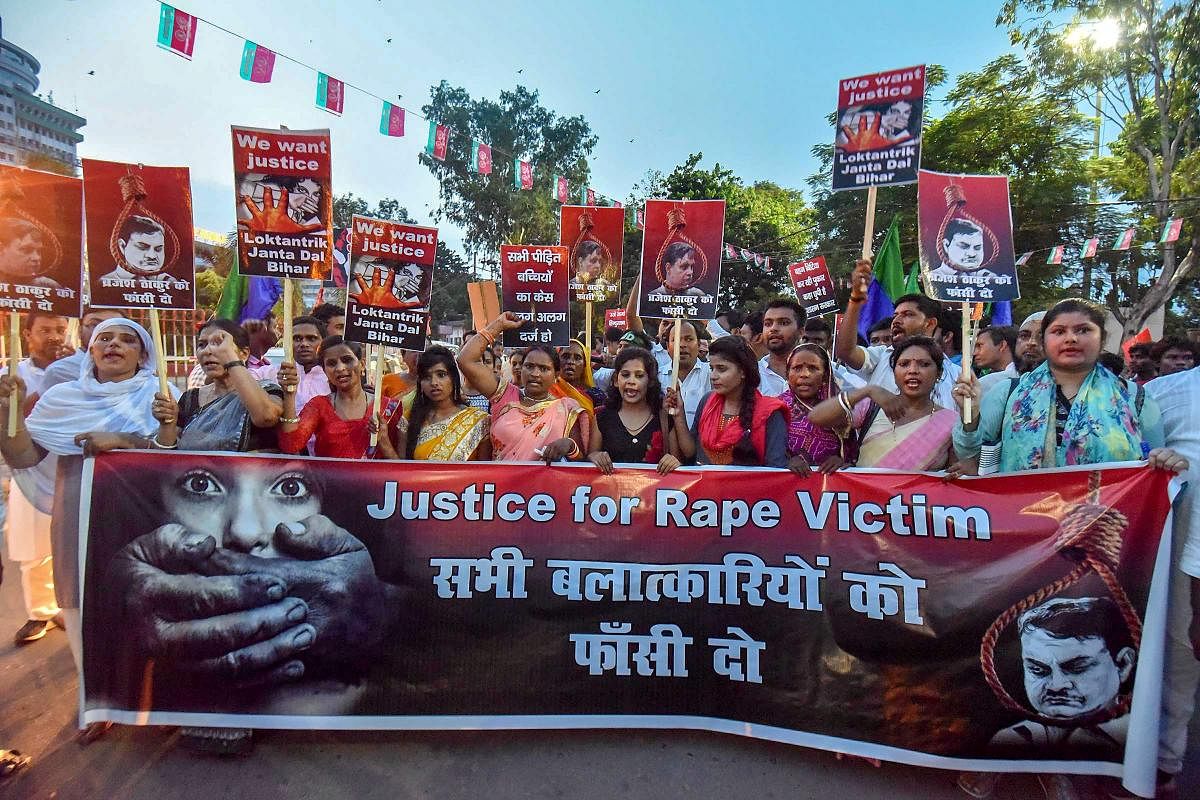
The Patna High Court’s ban on all reporting related to the Muzaffarpur shelter home rape case is wrong and ill-considered. The division bench of Chief Justice Mukesh Shah and Justice Ravi Ranjan issued, by verbal order, a blanket ban restraining all print and electronic media from reporting anything about the case, the status of the investigation and “what may take place in future’’. It has directed the CBI, which is investigating the case, and the state government to ensure that its order is complied with. It is surprising that the court thinks media coverage will hamper the investigation, which is being monitored by it. It should be noted that the ban is not just on reporting court proceedings in the case but on coverage of the entire case and its investigation.
This is an unprecedented order. Courts have sometimes imposed restrictions on reporting of court proceedings in some cases in certain situations. Even these have been difficult to justify in many cases. The ban on coverage of the case as such is especially wrong. It will not serve any purpose and may become counterproductive. The media had a major role in bringing the case to light. Many details of the shameful goings on in the shelter home where 34 girls were subjected to sexual assaults, torture and other kinds of ill-treatment became public because of media coverage. It was the coverage and the resulting public pressure that forced the government to go in for a CBI investigation. The coverage has been within the bounds of law and rules. The identities of the victims have not been revealed and no information which adversely affects the investigation has been disclosed. The coverage has followed the guidelines given by the Supreme Court in the case. There are politically connected persons and government officials among the accused. The administration had failed to supervise the working of the shelter home. Therefore, it is important that the investigation should be open to public scrutiny. The very fact that the court pulled up the CBI for failing to submit an action taken report and for the transfer of an investigating officer shows the need for continued media coverage and scrutiny of the case.
Imposition of restrictions on such coverage amounts to denial of freedom of speech and expression. The Editors Guild of India, other media organisations and the wider civil society have condemned the gag order and demanded that it be withdrawn. A similar order by a CBI court in the Sohrabuddin encounter case was overruled by the Bombay high court earlier this year. The courts have in the past frowned on such orders. The Patna high court must withdraw its order or the Supreme Court should overrule it.